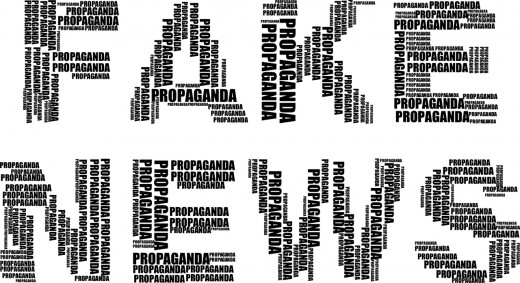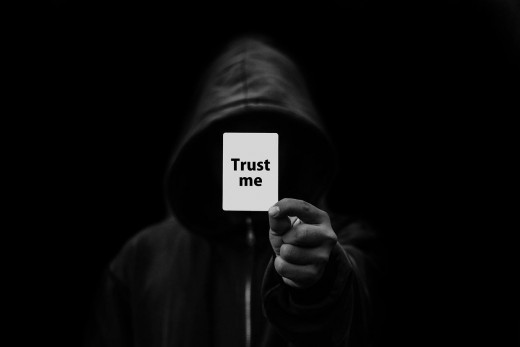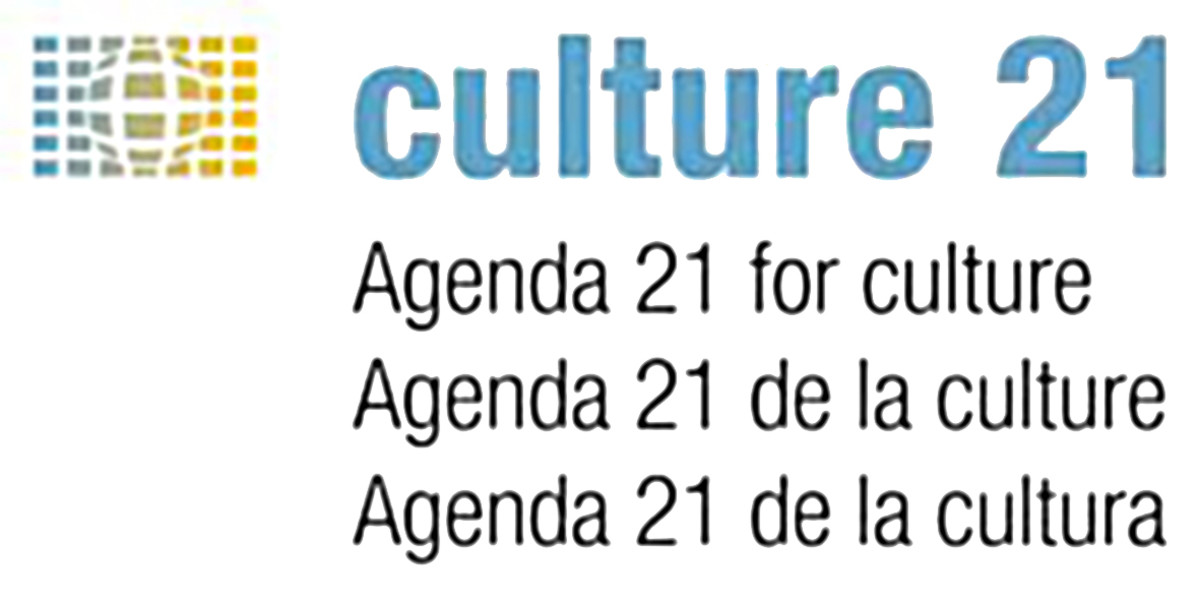Modern Problems: How to Know When You Are Being Lied To

The truth is an important aspect of information that often gets left out of the media for the sake of honesty. Many people believe honesty to be the truth, that is to say, so long as someone's honesty agrees with their own standpoint. Sometimes the information being delivered doesn't even have to align with your current beliefs, but only said by someone who you see as an authority figure.
If you haven't picked up this bestseller yet, I want you to go grab a copy of the 48 Laws of Power right now. The world is full of shysters, con artists, and all other types of seedy individuals looking to deceive you for their own benefit. This book acts as a helpful guide to recognize and utilize their own tools against them, and is an indispensable book of advice for aspiring politicians and journalists alike.
This is a big issue, I'm talking planet-sized here, and I'm going to shed some light on it all.
Important Definitions
Before we take this topic to task, we have some important words to define:
Semantics: "the branch of linguistics and logic concerned with meaning. There are a number of branches and subbranches of semantics, including formal semantics, which studies the logical aspects of meaning, such as sense, reference, implication, and logical form, lexical semantics, which studies word meanings and word relations, and conceptual semantics, which studies the cognitive structure of meaning." (As defined by the Oxford Dictionary)
Truth: Any factual statement made without anecdotal interpretation or manipulation.
Honesty: Any statement that can be true to one individual, or group of individual(s), but cannot be referenced in every similar situation truthfully.
Science: Any type of data gathering process.
Always, and I'm talking in any and every situation, keep these definitions in mind. There are too many that are ignorant of/willing to ignore them, and this does a disservice to everyone in the world.

Convincing You to Believe Using Honesty
For the sake of clarity, I am going to give you an honest piece here in this section, and without lying I am going to "convince" you of something that isn't true, but it is completely honest and can't be argued in context. So, here it goes:
An independent study conducted under scientific guidance set out to understand how much time people spend connected to the internet, and what percentage of those people could be considered toxic to the overall human condition. It was discovered in a combined data collection of more than one-thousand individuals from around the world that people tend to spend, on average, more than 90% of their time connected to the internet in some form. Of those control subjects it was said that 79% have taken part in damaging interactions online, and even further that each one took part in some form of toxic interaction within their daily lives.
A quote from one of our professional data analysts, "It has become apparent that we can say with little margin for error, most people enjoy taking part in toxic interaction and don't even realize it."
Truly, this is concerning information!
Truthful Interpretation
Now I'm not an expert journalist by any means, in fact I tend to dislike journalism because of the ethics, or lack thereof, required to be a great journalist. However, if we try to argue the last section within context it is impossible, and no doubt could convince many people that it is truthful if revealed at the right moment by a trusted source. So what did that last section really mean?
Basically, and as concisely as possible, I took it upon myself to determine how many people own phones that are connected to the internet in either an indirect or direct way (all of them). I then told you how many people (percentage) in the United States are on social media, which is widely considered to be toxic so the toxicity is all that I mentioned. It was then surmised by myself, self-proclaimed professional data analyst because I get paid to write about things which requires I analyze them, that most people are taking part in toxic interaction.
So now you can see where the issue arises, everything I've said is absolutely honest and science-driven. Honesty allows me to make provable claims, that in fact are not truthful. Expert journalists get paid to deceive you with these exact methods, because the definitions of words are left up to "semantics" and you can get away with saying anything so long as you have the know-how.
Do you feel that the media is truthful with you?

Don't Get Fooled
If I were to practice the art of journalism, then I could accept payment on behalf of anyone to convince people of any topic they wished me to do so. I'd never have to lie, not even once, all I'd have to do is ditch the truth in favor of honesty. Much of the "studies" and "scientific data" out there are written in the same way I have just done here.
It is up to you to remain knowledgeable, and not consume every bit of information you hear as black and white. The biggest factor here being for you to not blindly accept information just because it agrees with your anecdotal views. I know how enticing it can be to have a "valid" source agree with you, to wipe that valid source in other people's faces, but you must always remember we live in a world rife with semantics.
Don't let semantics fool you, listen carefully and always question everything you hear!



